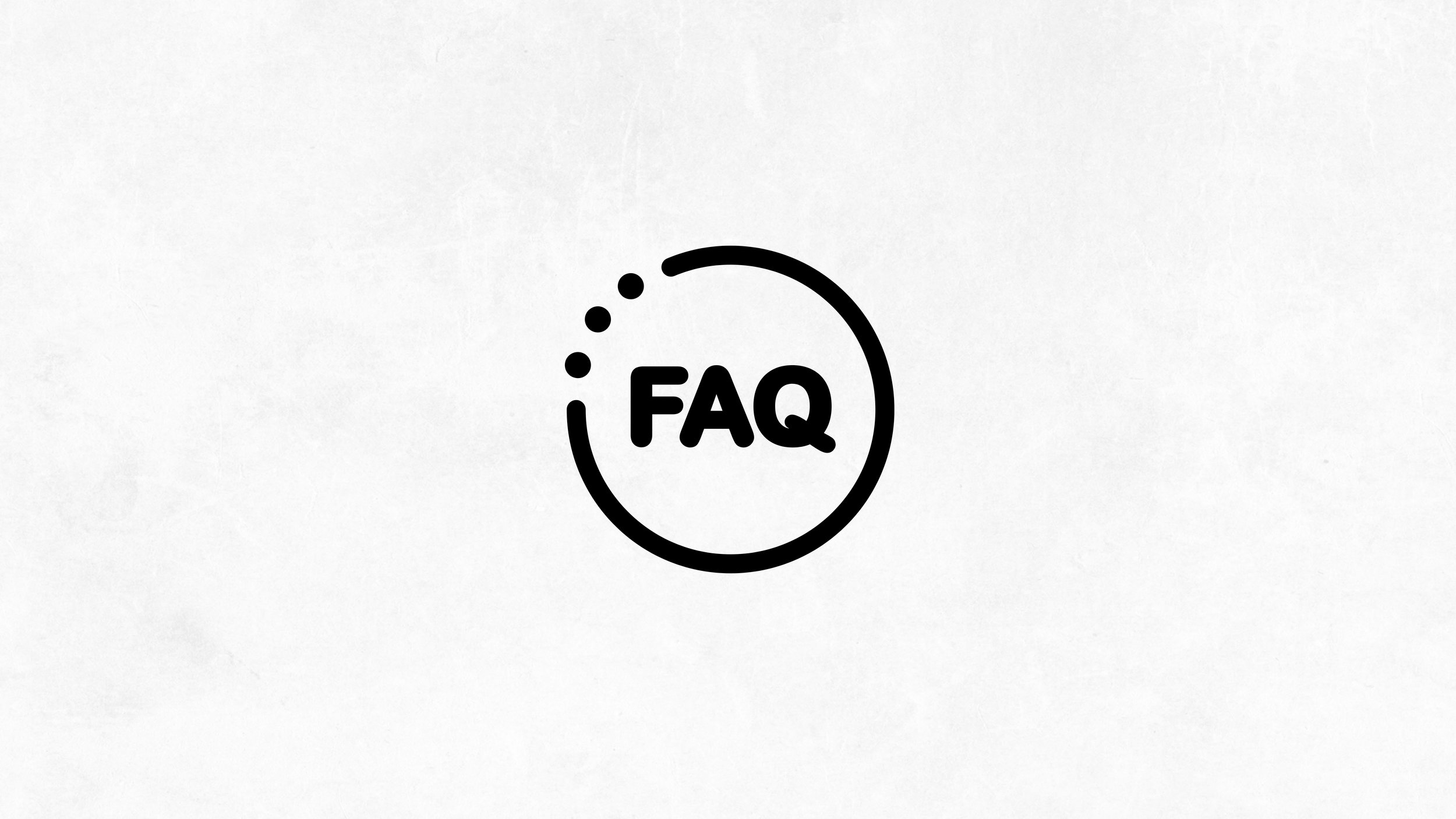

General Questions
-
Growing up immersed in two seemingly polar-opposite cultures has greatly impacted my writing. Germans value order, hard work, efficiency, and independence, while Egyptians find beauty in chaos, emphasizing community and traditions and not taking life too seriously. My German side aids in drafting detailed and efficient story outlines, while my Egyptian side relishes the chaotic process of turning those outlines into vivid scenes. Also, my multicultural upbringing has granted me the ability to appreciate diverse life perspectives, which became a prominent theme in my writing.
-
Numerous authors have influenced my writing over the years, but if I were to choose two, it would be Egyptian author Nagib Mahfuz and American author Brandon Sanderson. I adore Mahfuz’s character work and the care he puts into giving overlooked people the spotlight. So much so that a character could be standing silent in the background and I would be wondering about what they are thinking. Also, as a fantasy nerd, I love Sanderson’s world-building, incredible magic system, and the effort he puts into representing neurodiversity.
-
My work explores people’s differing perspectives on opposing sides without judgment. I believe every conflict boils down to factions focusing on the tiny pool that divides them rather than the vast ocean they share. I also don't think people are inherently evil, so even my most despicable villains are explored in terms of their development, not to justify their actions but to help society understand how we may have failed them and how we can avoid creating more villains in the future.
-
Ideas often spark from my day-to-day interactions with the world. An amusing word, a conversation with a stranger, a new song, and much more can ignite the sparks of future stories. These sparks swirl around in my mind until they form a cohesive narrative. Then, I start drafting an outline, followed by a "dirty draft,” which serves as my proof of concept. If the story doesn't work, I revise the outline; if it does, I rewrite the dirty draft into my first draft. Then, I start a long process of critiques and revisions, usually involving 2-3 rounds of feedback before I engage with beta readers to create my final draft. The manuscript then goes to the editor.
-
I am passionate about traveling, camping, and reading about history, geography, and folklore.
-
I post all updates on my website. I'm most active on Twitter, Instagram and TikTok. Feel free to use the contact form on my website or email me for direct contact.
-
You can use the contact form on my website or email me.
Questions about “Treasures of Egypt”
-
Treasure of Egypt takes place in ancient Egypt during the reign of King Ramesses II, also known as Ramesses the Great. When Nefiri Minu’s little brother falls ill with diabetes, she is desperate to find a cure. Her search leads her to Khafset, a young thief from the persecuted Hyksos social group, who claims to have a secret cure. But his aid comes with a steep price: Nefiri must help Khafset steal a divine spear from Ra's temple.
What starts as a daring heist quickly turns into a battle for the fate of Egypt itself. When Nefiri touches the spear, she unleashes Set, the god of destruction, and sets off a chain of events that threatens to plunge Egypt into chaos. Now, Nefiri and Khafset must work together to save their country and stop Set's wrath.
If you are interested in more information about the plot, the setting, or the characters, and if you wish to purchase a copy, consider visiting the story’s page on my website.
-
Absolutely! Treasures of Egypt features two main characters: Nefiri Minu and Khafset of Avaris. Nefiri Minu is a sixteen-year-old Egyptian official who is training to become the future grand vizier while caring for her diabetic eight-year-old brother—3000 years before a cure was invented. Her desperation to save her brother leads her to engage in an illegal transaction with Khafset, a thief from a marginalized group called the Hyksos, who has the cure she needs.
Khafset, known—mostly just by himself—as the proud thief of Avaris, dreams of rescuing his loved ones from what he perceives as Egyptian oppression. He uses his leverage over Nefiri to force her into exploiting her government position to aid him in an operation that will change the course of Egyptian history.
-
The novel delves into this relationship through the contrasting perspectives of Nefiri and Khafset, who represent their respective factions. The Egyptians harbor resentment towards the Hyksos due to past conflicts and seek justice from their former oppressors. On the other side, the Hyksos argue against paying for the sins of their ancestors, leading to a clash of viewpoints on justice, guilt, and forgiveness that drives the plot and the character arcs of our main characters.
-
You are free to interpret their roles as you like. At face value, they serve as characters who present challenges or assistance to our protagonists. On a deeper level, each deity symbolizes aspects of the characters' internal and external struggles. So, the gods’ roles largely depend on your interpretation and how you would like to engage with the story.
-
Duat represents the Egyptian afterlife, where gods and deceased mortals dwell, similar to Asgard or Olympus. Huat, a term of my creation, refers to our world. Characters use "Huat" to refer to Egypt or the world of the living, much like Midgard in Norse mythology.
-
My love for history, especially Egyptian history, greatly inspired me. It's not just the epic tales of monarchs and gods that fascinate me, but also the stories of everyday people—a farmer lamenting about his newly bought donkey, a couple seeking a divorce, or a businesswoman taking her three ungrateful sons to court and winning. There's a wealth of letters and anecdotes from ordinary people that are often overlooked, and my goal is to bring their stories back to life. Also, I feel that the portrayal of ancient Egypt in Western media often lacks authenticity. While there are enjoyable depictions, such as Rick Riordan's The Kane Chronicles or Terry Pratchett's Pyramid, they don't truly capture the essence of what makes Egypt…well, Egypt. So, my goal is to present ancient Egypt from an Egyptian perspective.
-
My approach involves focusing on small topics to prevent myself from getting overwhelmed. I start by looking for articles or watching YouTube videos for a general overview, then shift to podcasts that concentrate on history. The History of Egypt Podcast by Dominic Perry was an invaluable resource for ancient Egyptian history. Excellent podcasts, like Dominic’s, often include links to scholarly sources for further research. That’s where my fact-based deep dive into academic studies begins. That said, my work should not be treated as a historical reference, and you shouldn’t base your historical knowledge on my work of fiction. If you find a character or an event intriguing, I encourage you to seek more information with the help of the appropriate scientific sources.
-
My goal is to stay as faithful to history as possible, only deviating when necessary for the narrative. I fill gaps in our knowledge with my own creations—for instance, the character of Grand Vizier Paser, whose family history is unknown, is given a backstory of my creation that would explain his bond with Nefiri. The history and fantasy elements remain in their respective realms: you won't find ancient Egyptians driving cars, but the god of creation, Ptah, might construct a spaceship for amusement in his divine realm.
-
Never say never!
